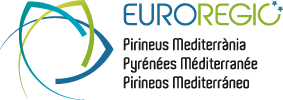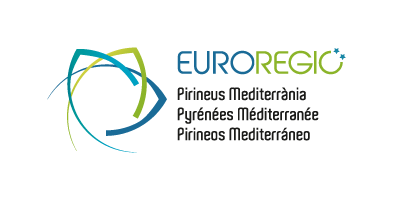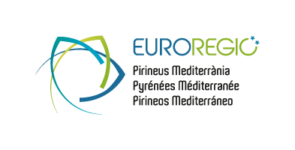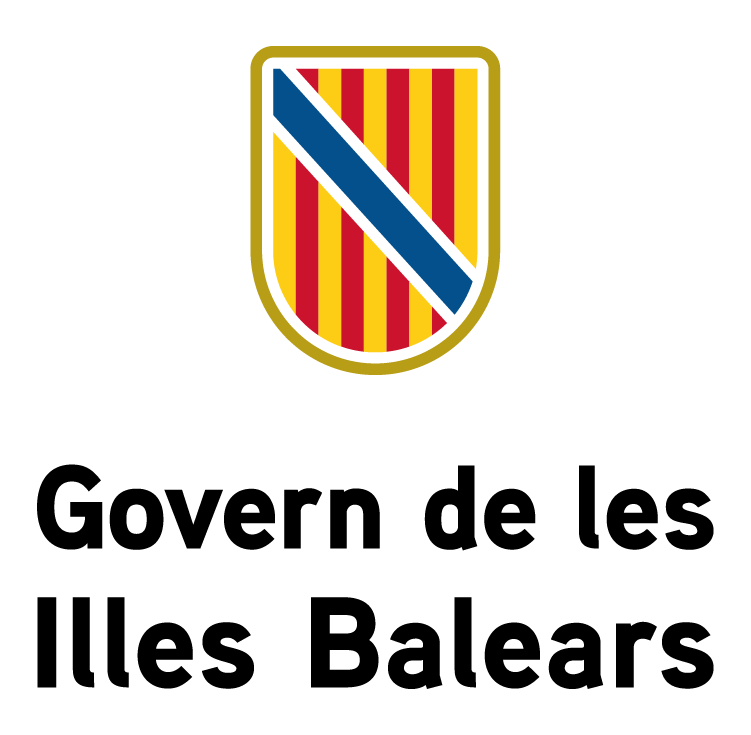Fashion Forward

General information
Programme: INTERREG SUDOE
SUDOE priority nº2: Promote social cohesion and territorial and demographic balance in south-west Europe through innovation and the transformation of productive sectors.
Specific objective 1.4: Develop capacities for intelligent specialization, industrial transition and entrepreneurship.
Total budget: EUR 1 553 248
EU funding: EUR 1 094 018,89 EUR (FEDER funds 75%)
Co-financing: to be provided by each partner from its own funds.
Duration: 2,5 years between January 2024 and June 2026
Website: https://interreg-sudoe.eu/proyecto-interreg/fashion-forward/
Social media: Linkedin, Instagram
Partnership









General objectives
The main objective of Fashion Forward is to promote the transformation of the SUDOE fashion industry, particularly in rural areas, towards a more sustainable, intelligent and digital model adapted to new European regulations. To this end, the consortium will promote the activation of the value chain of textile materials from post-consumer textile waste and promote their incorporation into the fashion collections of companies in the project territories. Fashion Forward will design and deploy a holistic transnational strategy to strengthen the capacities of key players in the textile and fashion value chain and thus address the key challenges of industrial, technological transition and climate neutrality. Companies are at the center of actions, although it is not possible to overcome the imminent challenges without providing support and collaborating with other actors such as municipalities, recycling associations or consumers.
Specific objectives
- Agree and design a holistic and transnational strategy that promotes circularity in the textile and fashion industry in the SUDOE territories, adapted to the needs of the different agents in the value chain.
- Create the necessary capacities and raise awareness among key players in the value chain of the fashion and textile industry so that they act as agents of change in the transformation towards a circular model.
- Deploy a battery of pilot actions derived from the transnational strategy to test and evaluate effective measures for change towards a sustainable, intelligent and digital model.
Actions
A holistic transnational strategy for the textile/fashion industrial transformation towards a consensual circular model that meets EU requirements for each of the target groups and agents in the value chain. Supported by 3 local action plans (one per country) to guarantee the proper deployment of the strategy in each territory, assign roles and leadership, plan and budget activities, identify target groups, etc.
3 business pilot projects: COLEO will train partners FR, ES and PT in post-consumer textile waste classification technology; Recycl’Occ will develop a textile waste recycling solution based on Picvisa technology and a partnership with Coleo; 3) Texteis Penedo and CITEVE will develop new fibers from textile waste. Another pilot project concerns the application of gamification in 50 schools to change mentalities; MODACC will develop a methodology to measure environmental impact.
Target
Large companies in the textile and fashion industry, SMEs, national, regional and local public authorities, (public) infrastructure and service providers, education and training centers, schools, business support entities, European territorial cooperation groups, waste collection associations, technologies and knowledge centers (universities), general public.
Role of the Euroregion
The Euroregion team will be responsible for the study on the water cycle in the textile industry of the SUDOE region and the capitalization of the project.









